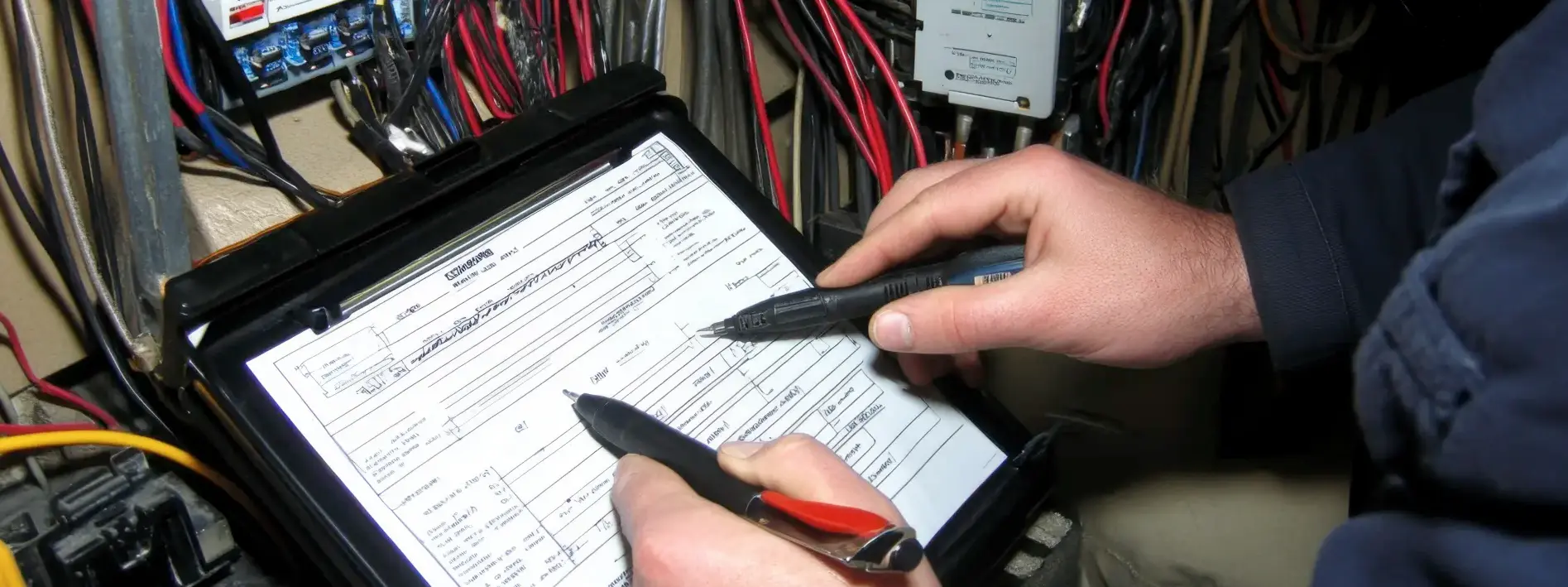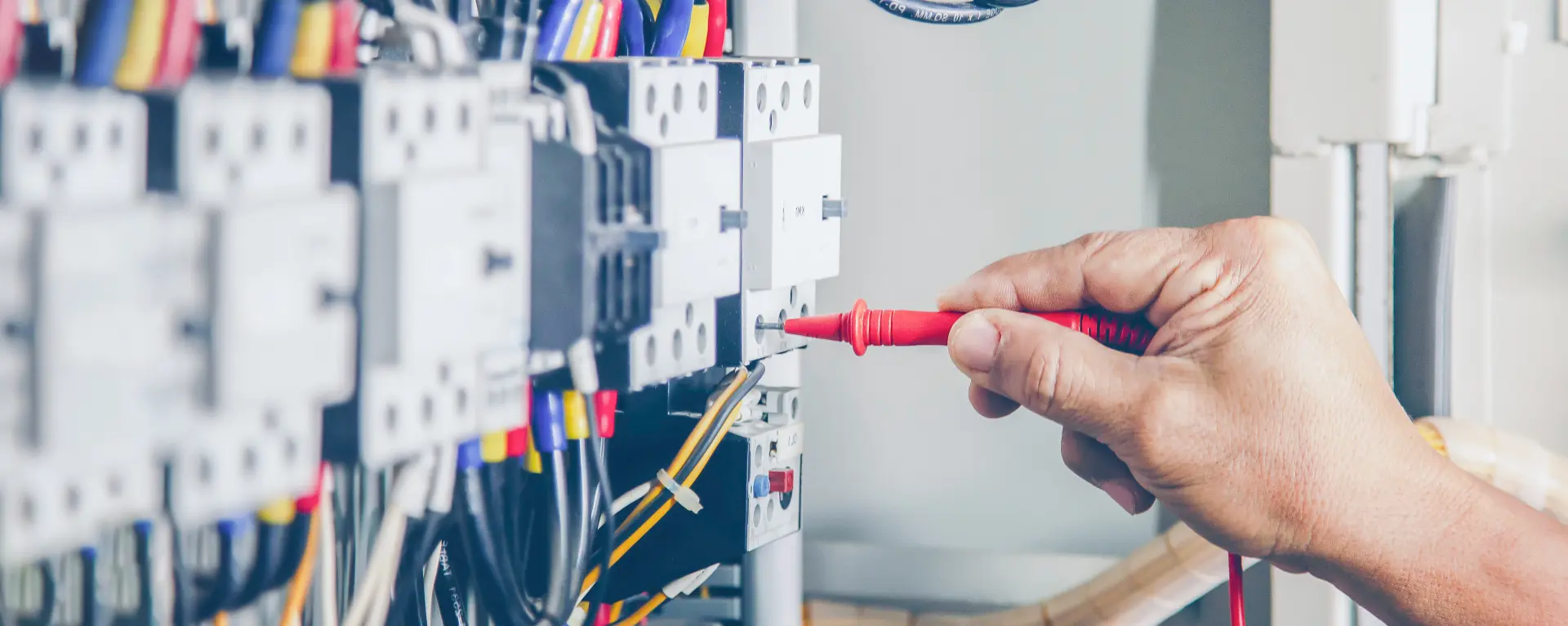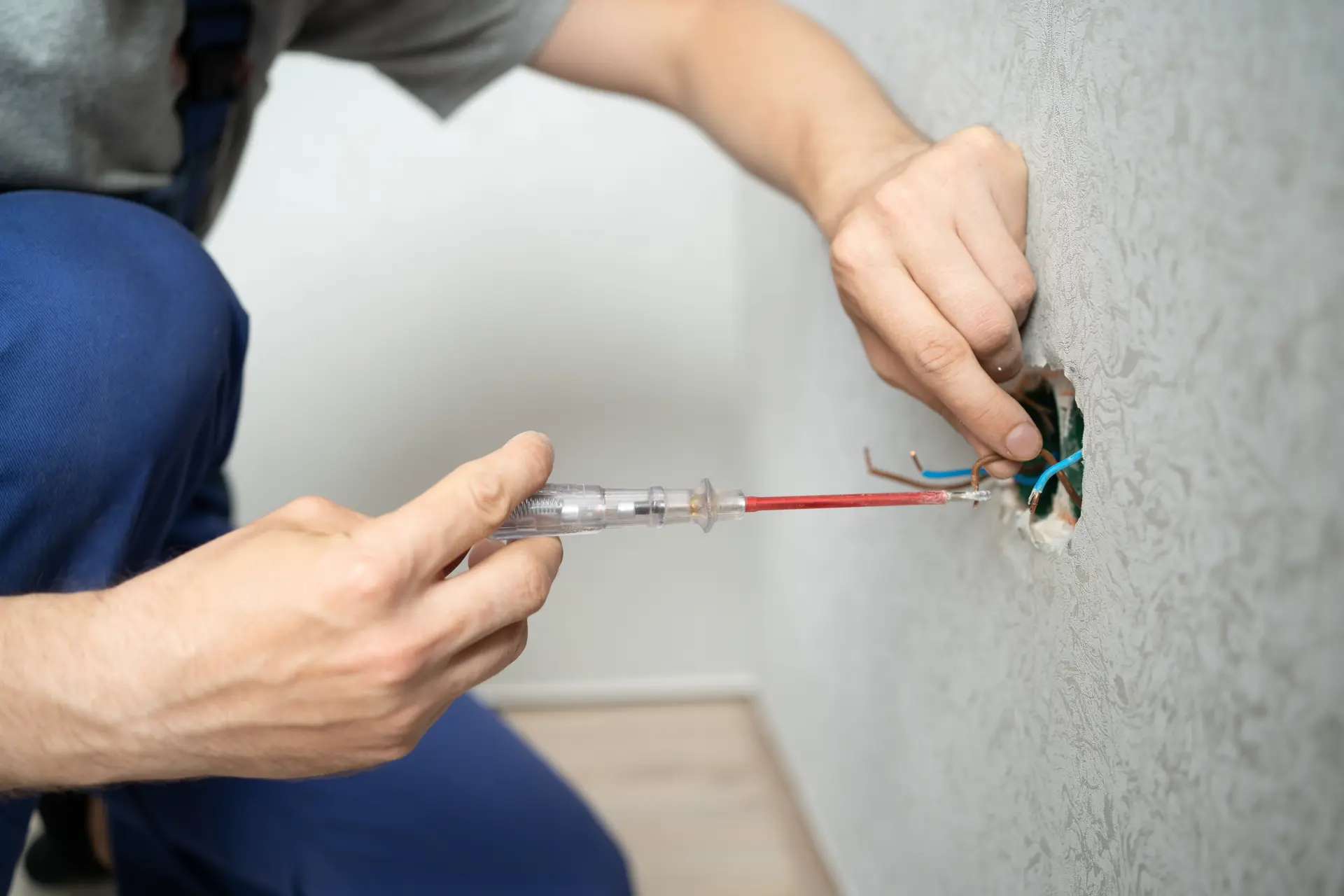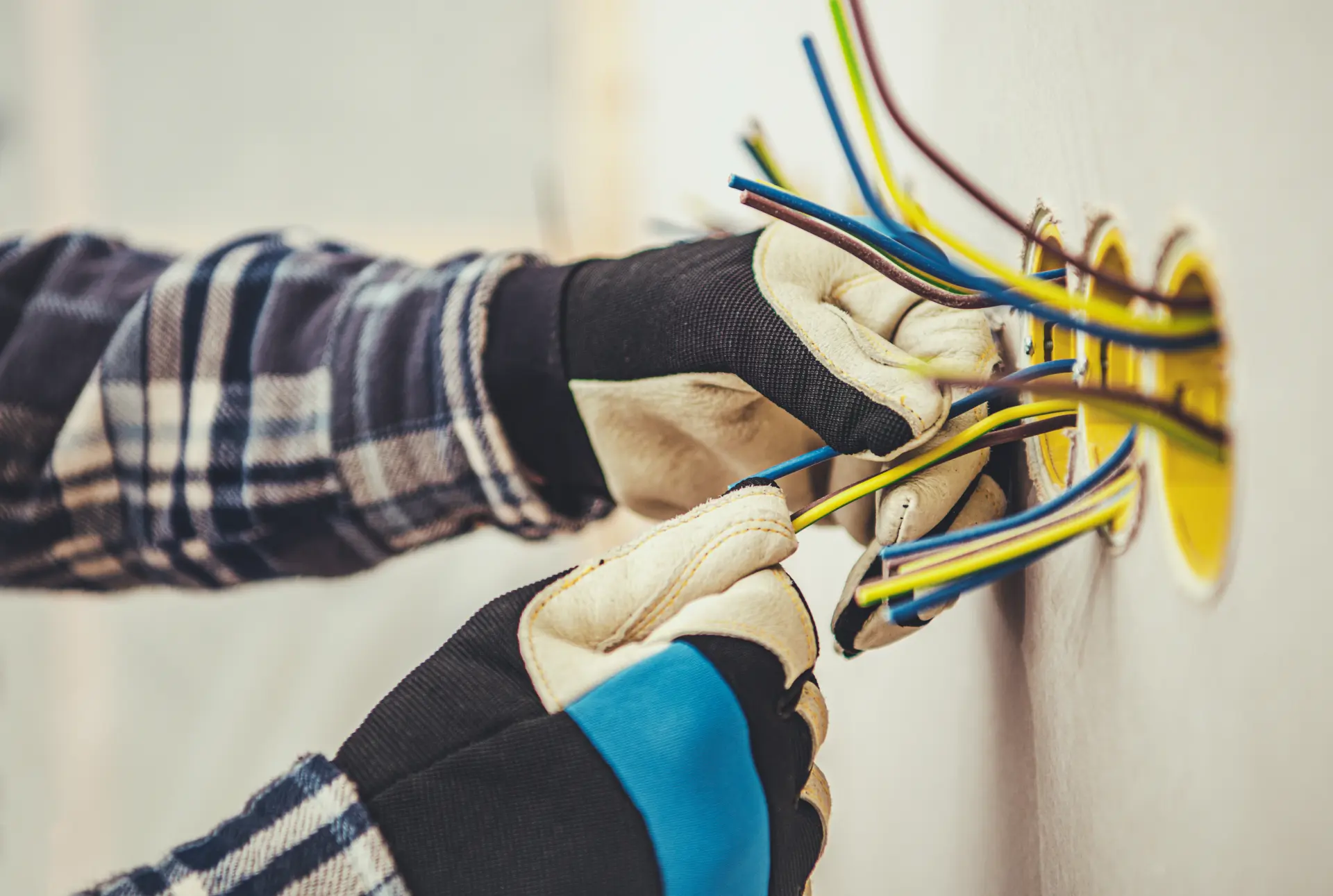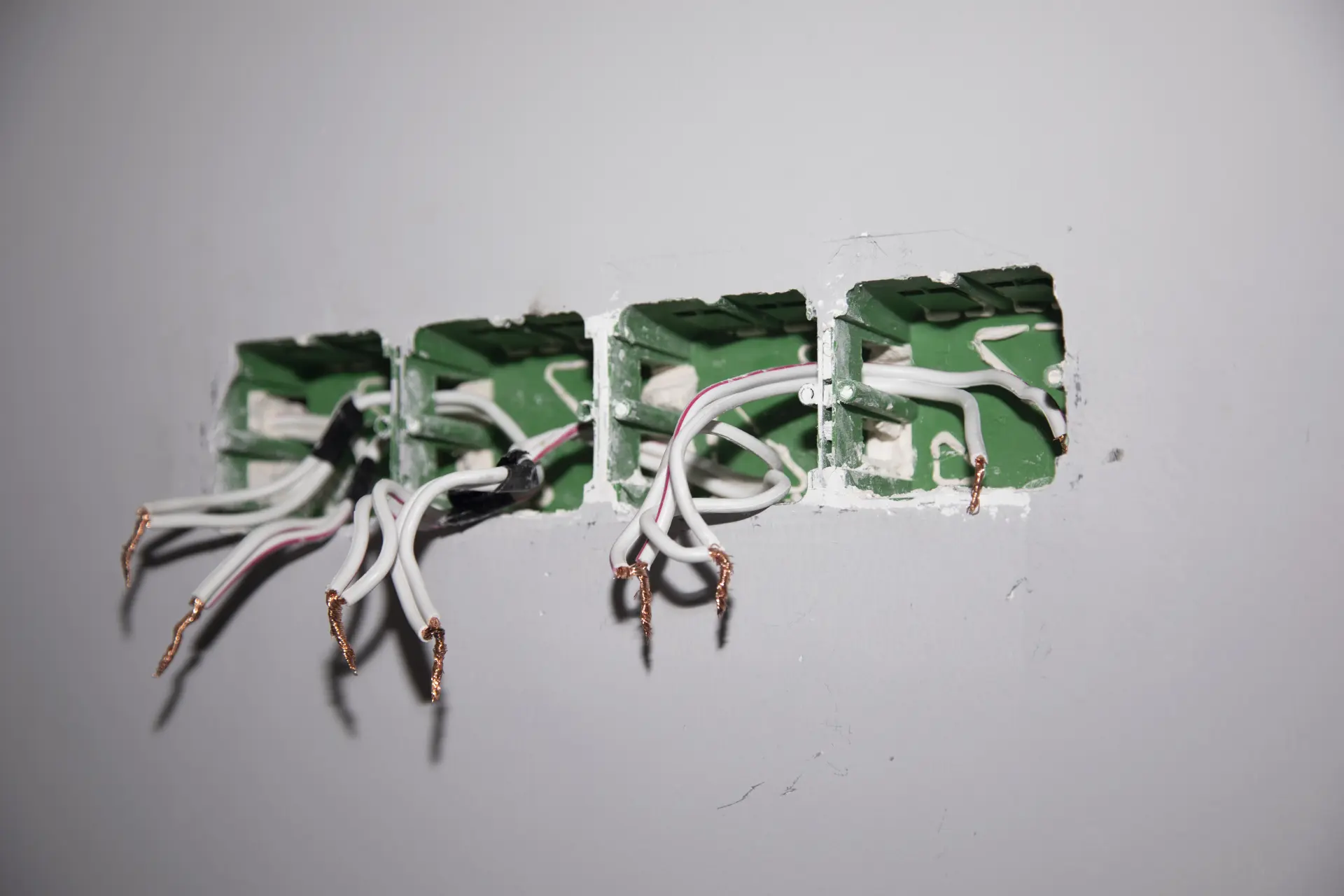Why is an EICR Certificate Important?
An EICR certificate is important because it confirms that the electrical systems inside your property are safe to use and meet current safety standards. It provides a professional assessment carried out by a qualified electrician, identifying any issues that could pose risks such as electric shocks, fires or faults that may damage appliances.
An EICR certificate is vital for legal compliance, protecting lives, maintaining property value and ensuring financial security. It demonstrates that the electrical installations are safe, reliable and properly maintained.
Who Needs an EICR Certificate?
An EICR certificate is important for a number of people and property owners. It is not just for landlords, but also for anyone who wants to make sure their home or workplace is electrically safe.
Homeowners should have an EICR carried out to make sure their property is safe for their family. Even though it is not a legal requirement for private homeowners, regular inspections can help prevent accidents and protect the value of the property.
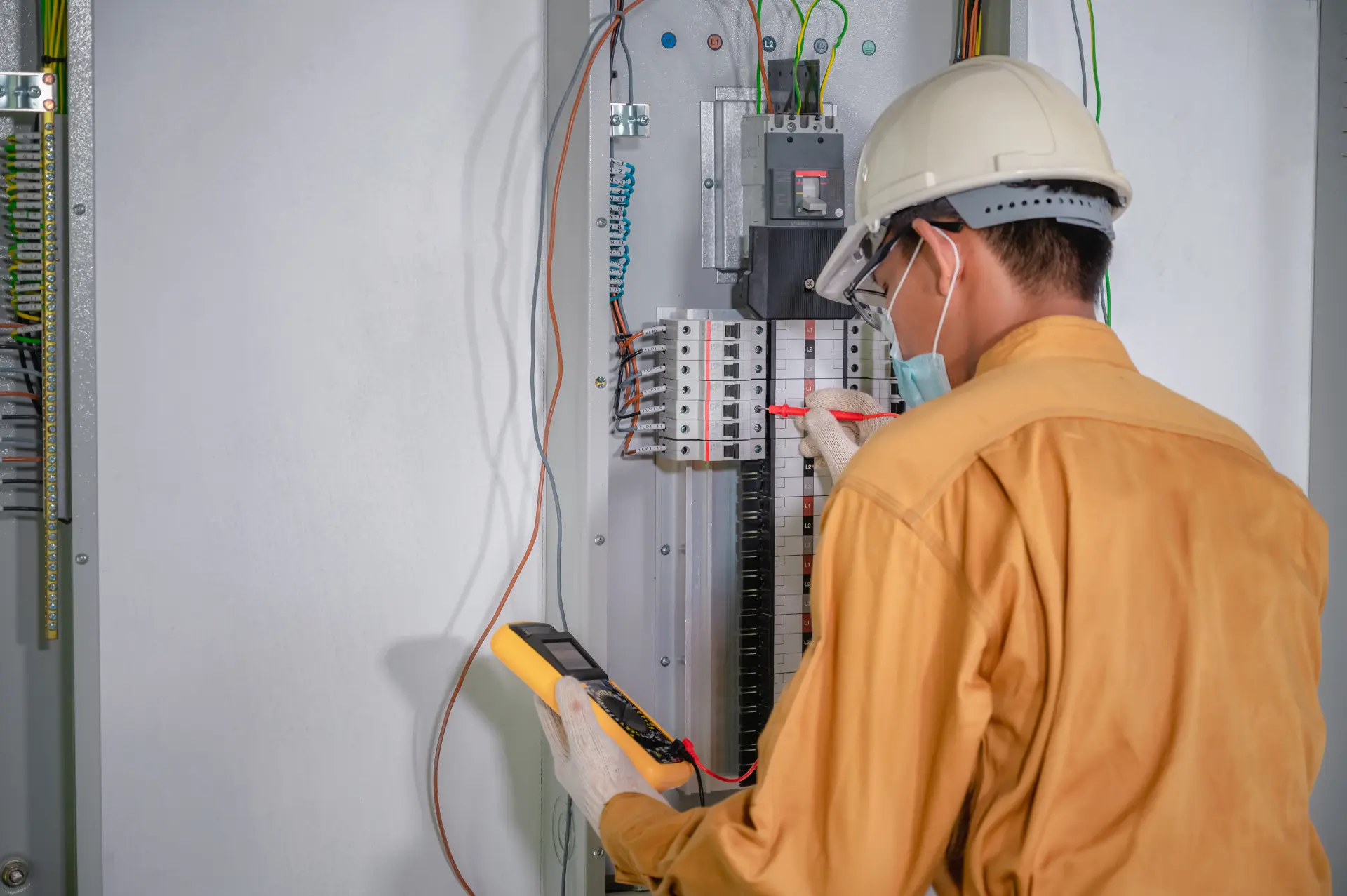
Landlords are required by law to supply you with a valid EICR certificate for rental properties. This ensures tenants are protected and that the property meets current safety regulations. A certificate must be renewed at least every five years, or sooner if the report recommends it.
Businesses also need EICR certificates. Electrical systems in offices, shops, factories and other workplaces must be checked regularly to keep employees and customers safe. Having an up-to-date report also shows compliance with health and safety rules.
Public buildings such as schools, hospitals and community centres must also have regular inspections for the safety of everyone who uses them.
The Legal Requirements for EICR Certificates in the UK
In the UK, the legal requirements for EICR certificates mainly apply to landlords and businesses, although homeowners are strongly advised to carry out regular checks for safety.
Landlords need to have an EICR carried out on all rental properties. Since July 2020, all new tenancies must have a valid certificate, and since April 2021, this rule has applied to existing tenancies too. They must arrange an inspection at least every five years, or even sooner, especially if the report highlights issues that need urgent attention. A copy of the certificate can then be given to tenants upon their first viewing of your accommodation and also provided to the local council if requested. If you fail to comply with these regulations, it can lead to fines of up to £30,000.
Businesses must follow the Electricity at Work Regulations 1989 to keep all the existing electrical installations safe. While the law does not set a specific timeframe for inspections, most businesses follow industry guidance and arrange an EICR every three to five years, depending on the type of premises. Frequent checks allow us to show compliance with health and safety law and protect both staff and customers.
How Much Does an EICR Certificate Cost?
The cost of an EICR certificate always varies based on the size and type of property you own, alongside the complexity of the electrical system. In most cases, the price is based on the number of circuits that need to be tested, with larger properties costing more than smaller ones. For a small flat with only a few circuits, an EICR might cost around £100 to £150. A larger house with more rooms and circuits can cost between £200 and £350. For very large properties or commercial buildings, the price can be higher because the inspection will take more time.

The cost also depends on the electrician carrying out the work. Some companies may charge a flat rate, while others set prices per circuit. If faults are found, there may be extra charges for repairs or for issuing a new certificate once the work is complete.
Although it can seem expensive, an EICR is an important investment in safety. It helps prevent accidents, protects property and ensures legal compliance for landlords and businesses. Having a valid certificate can also save money in the long run by identifying problems before they become serious.
How to Arrange an EICR Certificate
Arranging an EICR certificate is a straightforward process, but it must be done correctly to make sure the inspection is valid. The first step is to find a qualified electrician who is registered with a trusted association or body such as NICEIC or NAPIT. This makes sure the work meets the required safety standards. Before booking, it is a good idea to get a clear quote, as prices may vary depending on the size of the property or the number of circuits. Once you are happy with the cost, you can book the inspection at a time that suits you.
On the day, make sure the electrician has access to key areas such as the consumer unit (fuse box), sockets and fixed electrical equipment, as this helps the inspection run smoothly. The check may take a few hours for a home and longer for larger or commercial buildings. After the inspection, the electrician will provide the EICR, which states if the installation is safe or if any faults need fixing. If problems are found, it is so important that you arrange repairs promptly, especially for landlords and businesses who have legal duties to meet. This simple process ensures your property is safe, compliant and properly maintained.
We provide expert electrical rewiring services for homes and businesses in Northwood and the surrounding areas. Whether you need a full or partial rewire, our team ensures safe, compliant, and efficient results tailored to your property’s needs.
